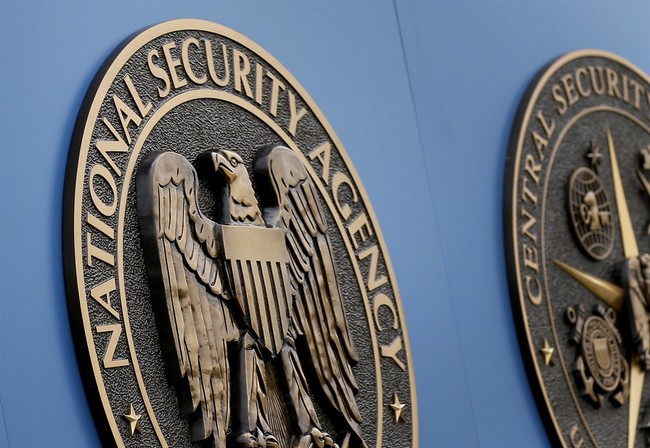
Back in March of 2023, US Intelligence agencies concluded that “Havana Syndrome” (which they’d taken to calling Anomalous Health Incidents) were not the result of a secret weapon wielded by an enemy state.
Five of those agencies determined it was “very unlikely” that a foreign adversary was responsible for the symptoms, either as the result of purposeful actions — such as a directed energy weapon — or as the byproduct of some other activity, including electronic surveillance that unintentionally could have made people sick, the officials said. They spoke on the condition of anonymity to describe the findings of the assessment, which had not yet been made public…
The intelligence assessment also examined whether an adversary possessed a device capable of using energy to cause the reported symptoms. Of the seven agencies, five determined that it was “very unlikely,” while the other two said it was “unlikely.”
And that seemed to be the end of that. Except barely a month later, 60 Minutes, The Insider and Der Spiegel collaborated on a report strongly suggesting Russia’s GRU was behind the attacks. They even put a name to the person behind the research.
Col. Ivan Terentiev spent a decade as the deputy commander of the unit, and held an additional ominous title of «commander of group for special tasks of Unit 29155»…Terentiev, a trained engineer, also moonlighted as a research and development specialist for Russia’s Ministry of Defense. In that capacity he co-wrote dozens of military-scientific papers, including one on the “effectiveness of underwater shooting.” He’s also spent time exploring acoustic weapons.
In mid 2019, Terentiev was suddenly promoted to a Kremlin position. As part of the vetting process, he had to explain to the Kremlin why he had failed to declare a bank account into which he received an unaccounted-for transfer of funds in late 2017. Part of this disbursement had come from Terentiev’s handing over the intellectual property rights of his research and inventions to the Ministry of Defense. Namely, he had provided research work on developing a new weapon for the Foundation for Advanced Military Research. One of Vladimir Putin’s pet projects, the foundation was created in 2012 with a mandate for building “innovative weapons including [ones] based on new physical properties,” as its website states, and “to close a gap in advanced research with our Western partners after 20 years of stagnation in the Russian military science and defense industry overall.”
Terentiev’s prized research was focused on the “potential capabilities of non-lethal acoustic weapons in combat activities in urban settings,” according to an addendum The Insider obtained from an email account belonging to Nikolay Ezhov, Terentiev’s aide in Unit 29155 and his travel companion to Europe in 2014, just before Taylor’s attack.
Nothing seemed to change after that report. Officially, the IC was still convinced this hadn’t happened. But today an update to the report was posted which showed that at least some elements of the IC believe the weapon could exist.
Today, the Office of the Director of National Intelligence released an update to the 2023 report. The intelligence agencies aren’t saying a foreign actor is to blame for Havana syndrome. But they are no longer so confident that one is not.
Two intelligence agencies have now “shifted their judgment to reflect a greater possibility” that a small number of cases indeed were “caused by a foreign actor,” an intelligence official told reporters in a briefing. The agencies have examined new information that “foreign actors”—he didn’t say which—“are making progress in scientific research and weapons development.”
One of these intelligence agencies—again, he didn’t name them—determined that the chances that a foreign actor has used some novel weapon, or a prototype, to harm a small number of U.S. government personnel or their family members are “roughly even” with the odds that one had not. The other agency identified a “roughly even chance” that a foreign actor has developed a weapon that could have harmed people, but determined that any such device was unlikely to have been deployed yet…
Sources close to the issue told me that one of the agencies that changed its tune is the National Security Agency, suggesting that intercepted communications may have revealed something about this “foreign actor’s” research efforts.
Again, this isn’t a wholesale change. Five out of seven agencies still thing this is unlikely. But it is a sign that some big cracks have appeared in the confidence that it didn’t happen. Here’s the updated report if you’re interested. And here’s that 60 Minutes report from last year.










